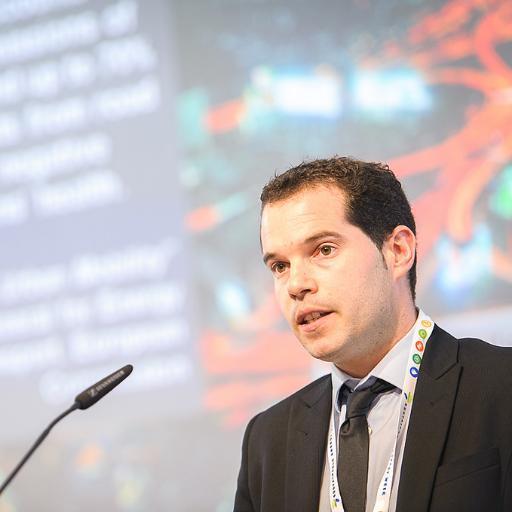Details
Image

We did a brief interview with Ali Vasallo, Project coordinator of CITyFiED, who highlighted the key learnings from their experience with technical monitoring and KPIs definition.
Dr. Ali Vasallo graduated from the University of Valladolid in 2004 with a First Class Honours degree in Industrial Engineering with the specialization in Theory of Structures and Industrial Buildings. He completed his PhD Thesis in 2009 in the field of vortex-induced vibrations of slender structures.
He currently works as Project Coordinator and Researcher at the Energy Division in the CARTIF Technology Center in European research and demonstration projects in the field of smart cities, energy-efficient renovations of urban areas, nearly zero energy buildings and renewable energy integration. He has been involved in the coordination teams of the EU-FP7 funded Smart City project R2CITIES project. He currently coordinates of the EU-FP7 funded Smart City project CITyFiED. He previously worked at the Mechanical Division in the CARTIF Technology Center as Project Manager and Researcher in the field of dynamics of slender structures, vortex induced vibrations and computational fluid dynamics.
Together with his activities at CARTIF Technology Center, he works in the School of Industrial Engineering, University of Valladolid (Spain), as Associate Professor in the field of mechanics of continuous media and the theory of structures. He was appointed a Visiting Fellow at the School of Engineering at the University of Warwick (2011).
He tweets at @alivb1
List three key learnings from your experience with technical monitoring.
- Spend time to define a robust monitoring protocol that should include clear specifications for the planning, installation and operation phases of the monitoring system.
- Provide a common, consistent and reliable set of Key Performance Indicators (KPIs) that will allow to assess the district performance (i.e. buildings and energy systems), together with the means to obtain the data required to perform the measurement.
- Define approaches (e.g. estimation procedures for missing and erroneous recorded data) to solve missing or inaccurate data.
What was the process to define the KPIs?
- Set the monitoring objectives. CITyFiED aims at reducing the energy demand and CO2 emissions in urban areas and increasing the use of renewable energy sources. In addition, economic feasibility and social acceptance of the interventions play a key role in the project.
- Review the literature in order to select a set of well-known and reliable KPIs, which facilitates their calculation and acceptance by the partners. In particular, CONCERTO guidelines were taken as a reference.
- Reach a common understanding on the definition and calculation method for the KPIs.
How did the technical monitoring assure that the KPIs were properly calculated?
- Providing clear definitions and calculation methods so KPIs measure what they are intended to measure and consistently produce the same result regardless of who performs the measurement.
- Commissioning of the monitoring system, i.e. checking hardware installation, operation and data transmission to the Data Acquisition System.
- Providing data quality check procedures by defining approaches to solve missing or inaccurate data.
- Providing an effective alarm management system to assist partners in managing abnormal situations and to prevent the escalation of those abnormal situations.
